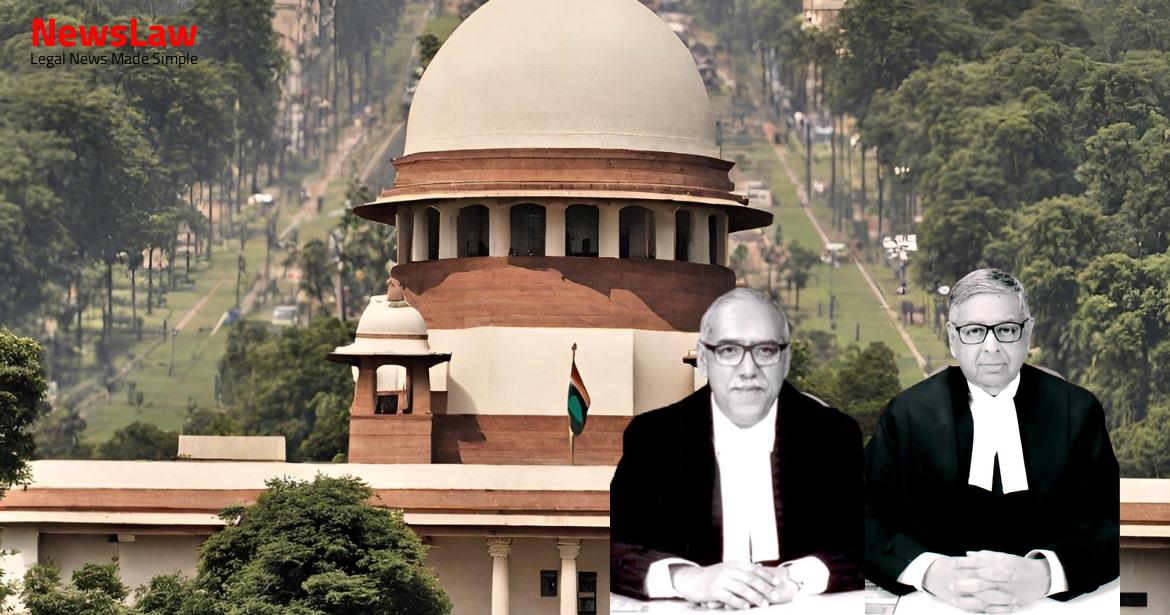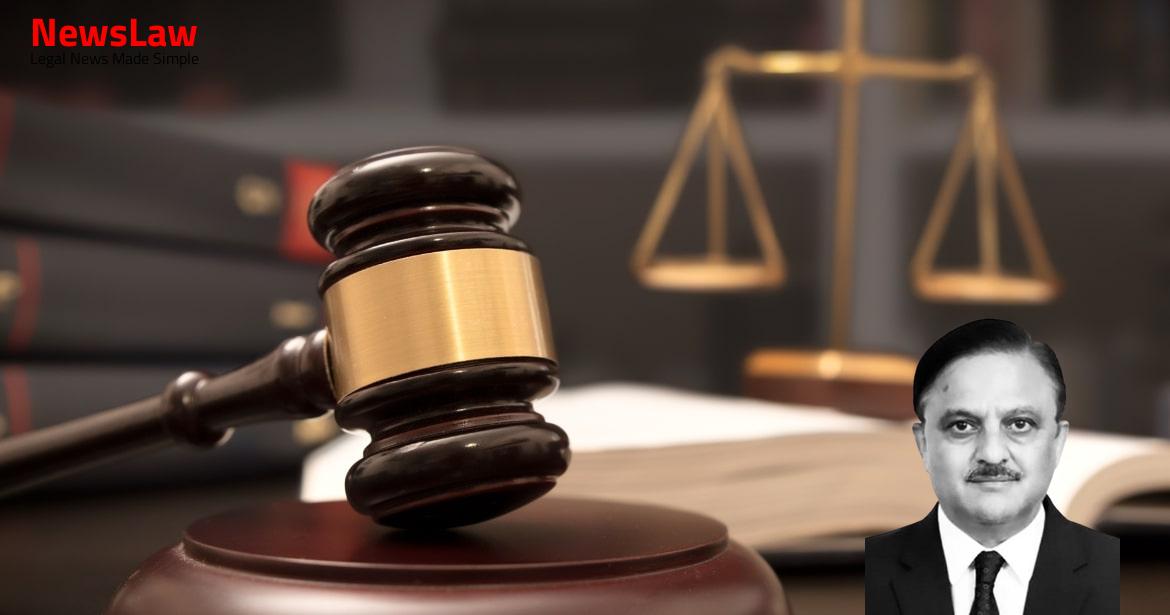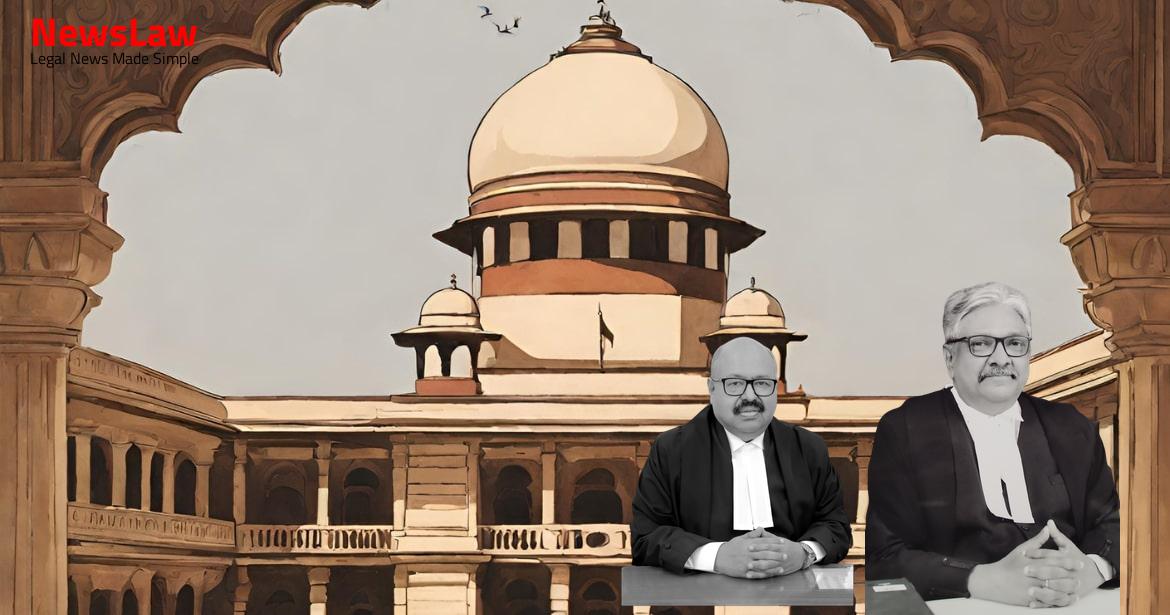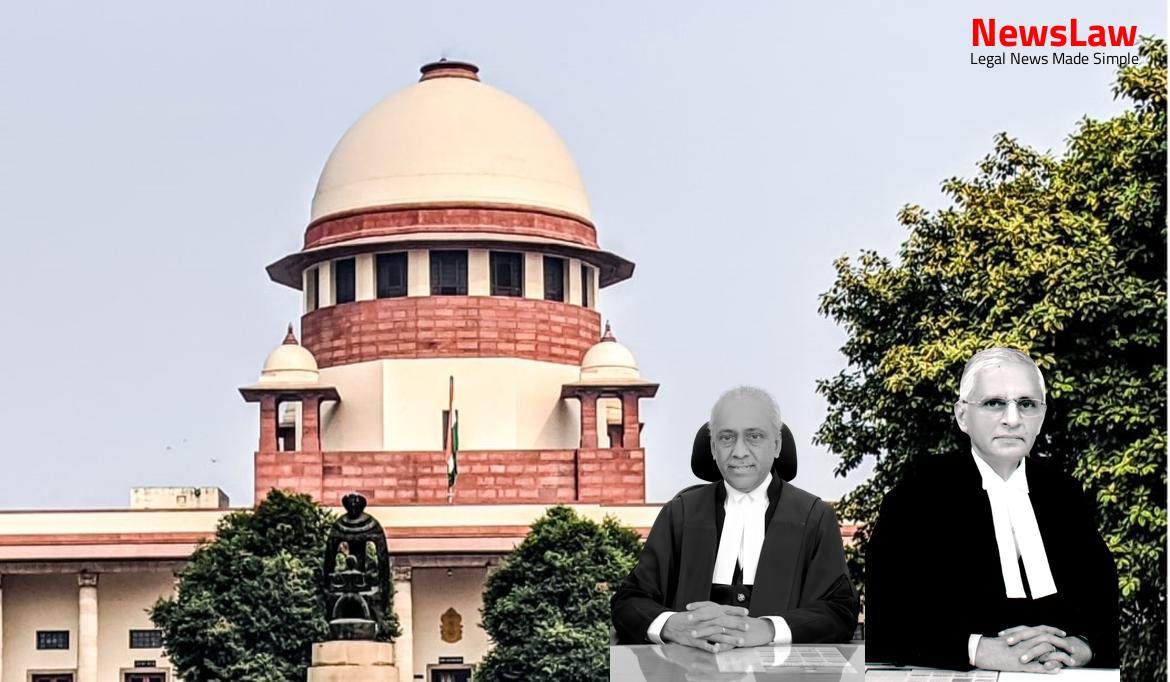In a significant legal development, the Supreme Court of India has upheld the Delhi High Court ruling in the case involving the criteria for Permanent Secondment in DGQA. This ruling is a crucial step towards resolving the dispute between the concerned parties and establishing clarity in the selection process. The judgment brings closure to the ongoing legal battle between the involved parties. The case has implications for future Permanent Secondment decisions for service officers. #DGQA #PermanentSecondment #SupremeCourt #India
Facts
- The respondent was commissioned in the Indian Army in 1994 and served in various roles.
- While holding the rank of Lt. Colonel, he was posted in the DGQA.
- His case for Permanent Secondment in DGQA was not recommended based on the TAR for the year 2014-15 stating he was ‘NOT YET FIT’.
- The Quality Assurance Selection Board held on 17.02.2016 also did not recommend his case for Permanent Secondment.
- The respondent filed a writ petition in the Delhi High Court regarding his reversion to the Indian Army after being declared ‘NOT FIT’ in the TAR.
- The respondent argued that he met the criteria for Permanent Secondment to service officers of the rank of Lt. Colonel in DGQA.
- The Delhi High Court ruled in favor of the respondent, stating that TARs could not be considered.
- This led to the Union of India filing an appeal against the High Court’s decision.
Also Read: Case of Eligibility for Disability Pension: Air Force Officer’s Retirement
Analysis
- The office memorandum dated 12.05.2011 supersedes all previous guidelines on the subject of Permanent Secondment to DGQA.
- The criteria laid out in the 2011 memorandum, approved by the Raksha Mantri, include specific requirements such as a minimum grading in medical category, completion of Basic Quality Management Course with ‘Above Average’ grading, and maintaining certain mean values in box gradings for mandatory qualities.
- The importance of Training Assessment Reports (TARs) was emphasized in a subsequent letter, but the 2011 memorandum remains the primary criteria for selection.
- A later amendment on 14.06.2011 clarified that officers rejected in QASB for Permanent Secondment will not be reconsidered in subsequent QASBs.
- The 2011 memorandum does not explicitly overrule the 2004 guidelines which focused on TARs, leading to differing interpretations in selection processes.
- Despite this, it is argued that the 2011 memorandum, being broader in scope and later in time, supersedes and should be the sole criteria for selection into DGQA.
- The dispute revolves around whether the TARs, as per the 2004 guidelines, still hold relevance in the selection process alongside the 2011 memorandum’s criteria.
- It was not mentioned in the letter that TAR should be considered for Permanent Secondment.
- While TAR is considered for ACR grading, it cannot be considered for Permanent Secondment as per the office memorandum of 12.05.2011.
Also Read: Parayil Sasi Murder Case: Supreme Court Restores Trial Court’s Judgment
Decision
- The appeal is dismissed
- The judgment of the Delhi High Court is upheld
- Any pending applications are also disposed of
- The stay is vacated
Also Read: The State v. Harinder Singh: Landmark Judgment Upholding Conviction
Case Title: UNION OF INDIA Vs. LT. COL. SAMEER SINGH
Case Number: C.A. No.-009143-009143 / 2019



